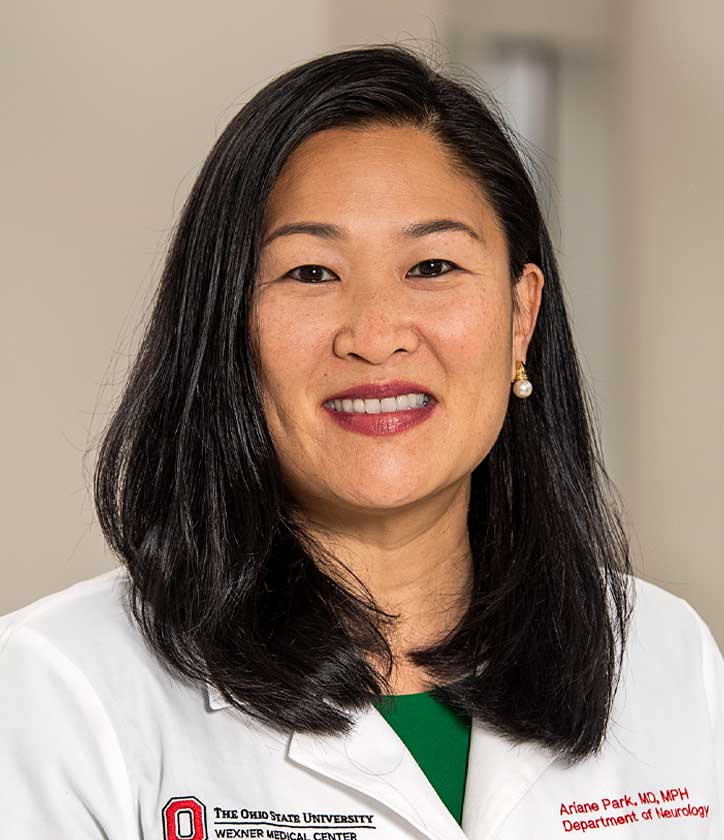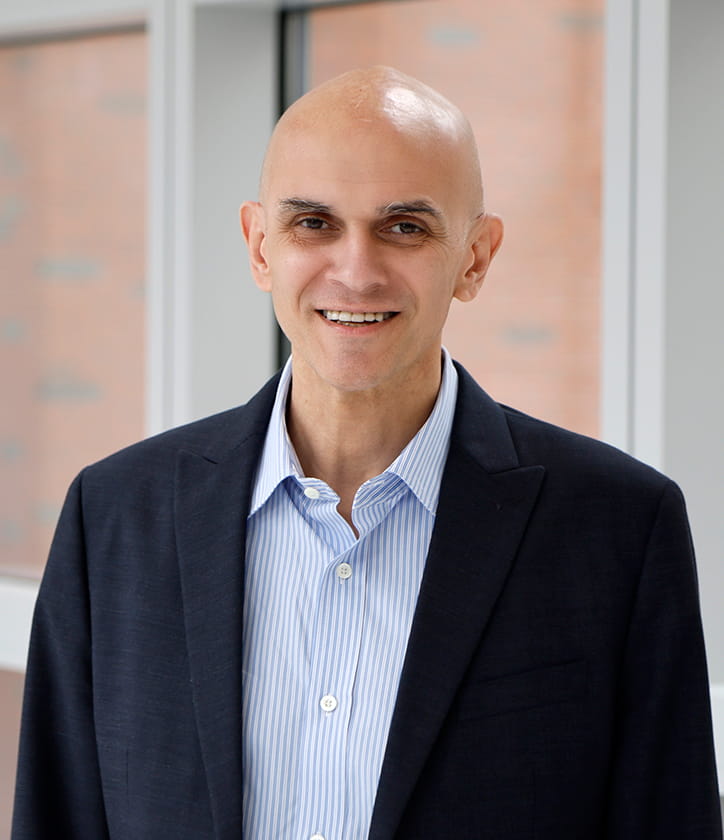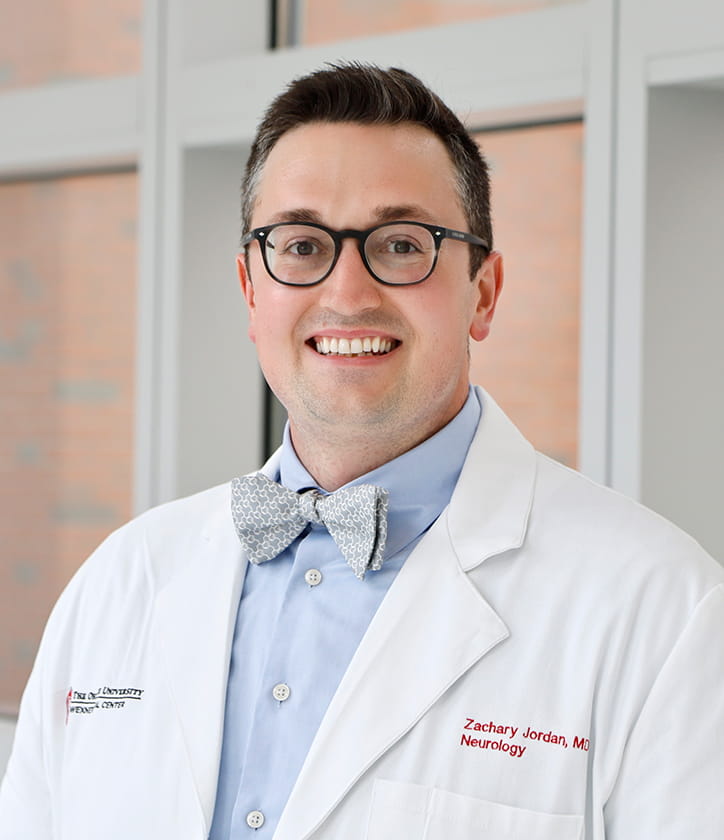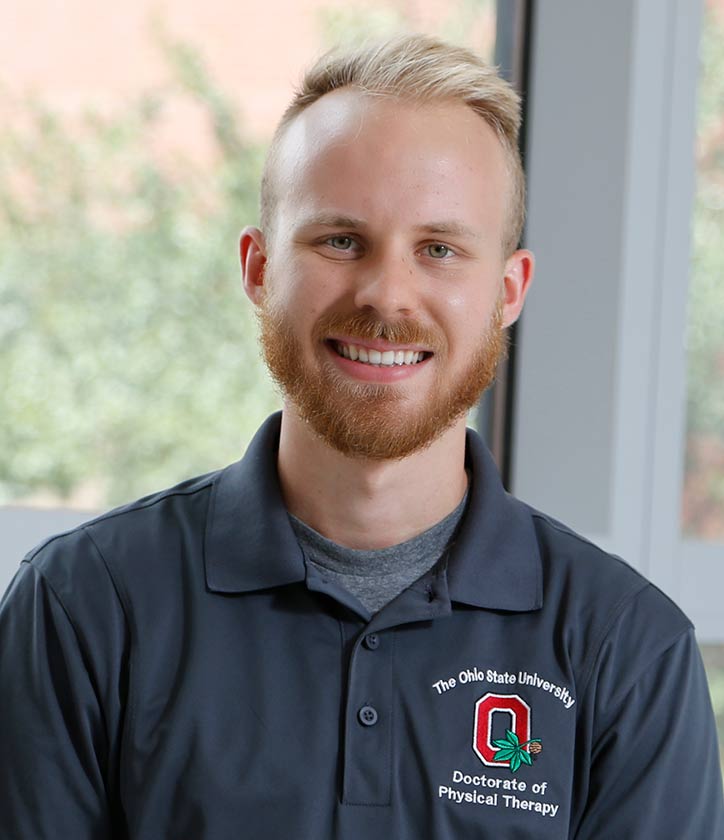The easiest explanation of what causes Parkinson’s disease (PD) is when certain nerve cells in the brain die or are damaged and can no longer produce enough of a chemical called dopamine, the brain has trouble communicating to the nervous system and this impacts movement. Things like walking or talking may become more difficult. The loss of these important nerve cells happens slowly, and the symptoms of PD will usually only appear after 80% of the nerve cells are impacted.
We’re still trying to understand why those nerve cells in the part of the brain called the substantia nigra become injured in the first place.
Most of the time, we don’t know what triggers the loss of the nerve cells related to Parkinson’s disease
Research is ongoing to better understand why the nerve cells that produce dopamine may become injured.
We do know that Parkinson’s disease usually begins around age 60 — but it can start earlier — and it’s more common in men than women.
Genetics may play a role in some cases of Parkinson’s disease, but most cases don’t seem to run in families. It’s also suspected, but still not proven, that exposure to chemicals in the environment might play a role, especially pesticides and herbicides used in farming, vehicle exhaust or industrial pollution.
Scientists have also found what’s called Lewy bodies, or clumps of cells with abnormal deposits of a protein called alpha-synuclein, in the brains of people with PD. Although it’s believed these deposits play a key role in PD, it’s not yet understood why they form in the first place.
Understanding related conditions and their causes
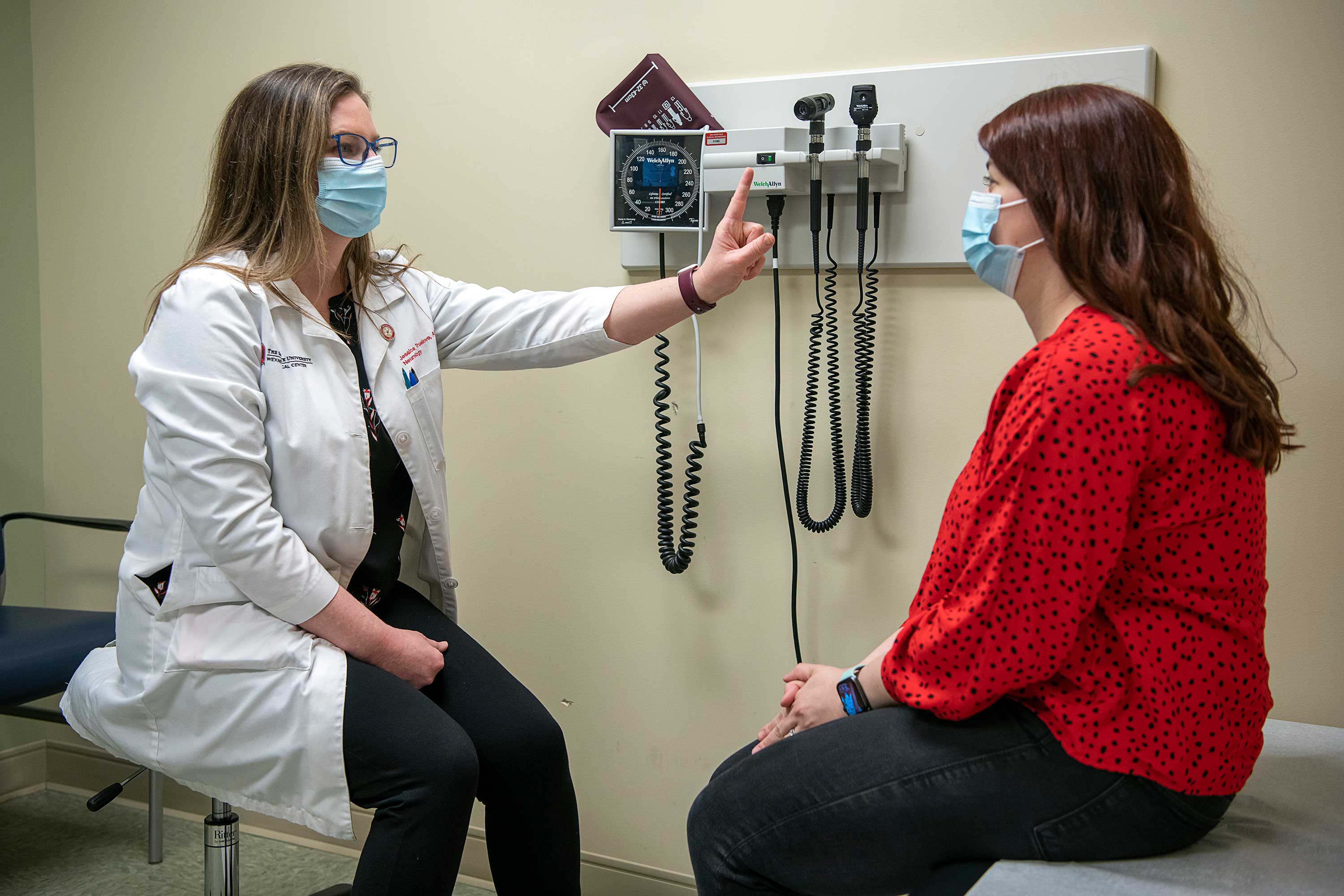 “Parkinsonism” is a word used to cover not only Parkinson’s disease, but also related conditions with similar symptoms, like tremors, rigid muscles or slow movement. The three main types of parkinsonisms and their causes are:
“Parkinsonism” is a word used to cover not only Parkinson’s disease, but also related conditions with similar symptoms, like tremors, rigid muscles or slow movement. The three main types of parkinsonisms and their causes are:
- Idiopathic Parkinson’s disease – the most common form of PD. Idiopathic means the cause is unknown.
- Vascular parkinsonism, also known as arteriosclerotic parkinsonism – this form can develop in people with restricted blood flow to their brain. Following a mild stroke, some people may develop this form of parkinsonism.
- Drug-induced parkinsonism – a small number of people may develop PD-related symptoms due to medication, particularly neuroleptic drugs like those used to treat schizophrenia or other psychotic disorders. Fortunately, the symptoms rarely get worse and usually resolve within months of stopping the drug.
There are also some rarer conditions that fall within a category called “atypical parkinsonisms” or “Parkinson-plus,” which not only cause movement problems, but also other challenges. The four primary atypical parkinsonisms, each caused by the build-up of a particular protein in the brain, are multiple system atrophy (MSA), progressive supranuclear palsy (PSP), corticobasal syndrome (CBS) and dementia with Lewy bodies (DLB).
Is Parkinson’s disease genetic? Can you pass PD to family members?
Around 10% of people with PD have a genetic change contributing to their diagnosis. Ohio State provides genetic counseling that specializes in Parkinson’s disease to answer your questions about you or your family members’ risk to develop PD and determine if testing is appropriate.
If you decide to pursue genetic testing, it’s important to know that there is no way to confirm who in your family will actually develop PD, only if they are at an increased risk to develop it. Of those who carry a genetic change(s) in a gene associated with Parkinson’s disease, not all individuals will develop PD. Nevertheless, knowing your genetic status may provide further information for family members, inform your health care providers, and may give insight into features of your PD. The risk to develop PD depends on the gene that a genetic change is found in, how that gene is inherited or passed down among family members, and the type of genetic change identified.

